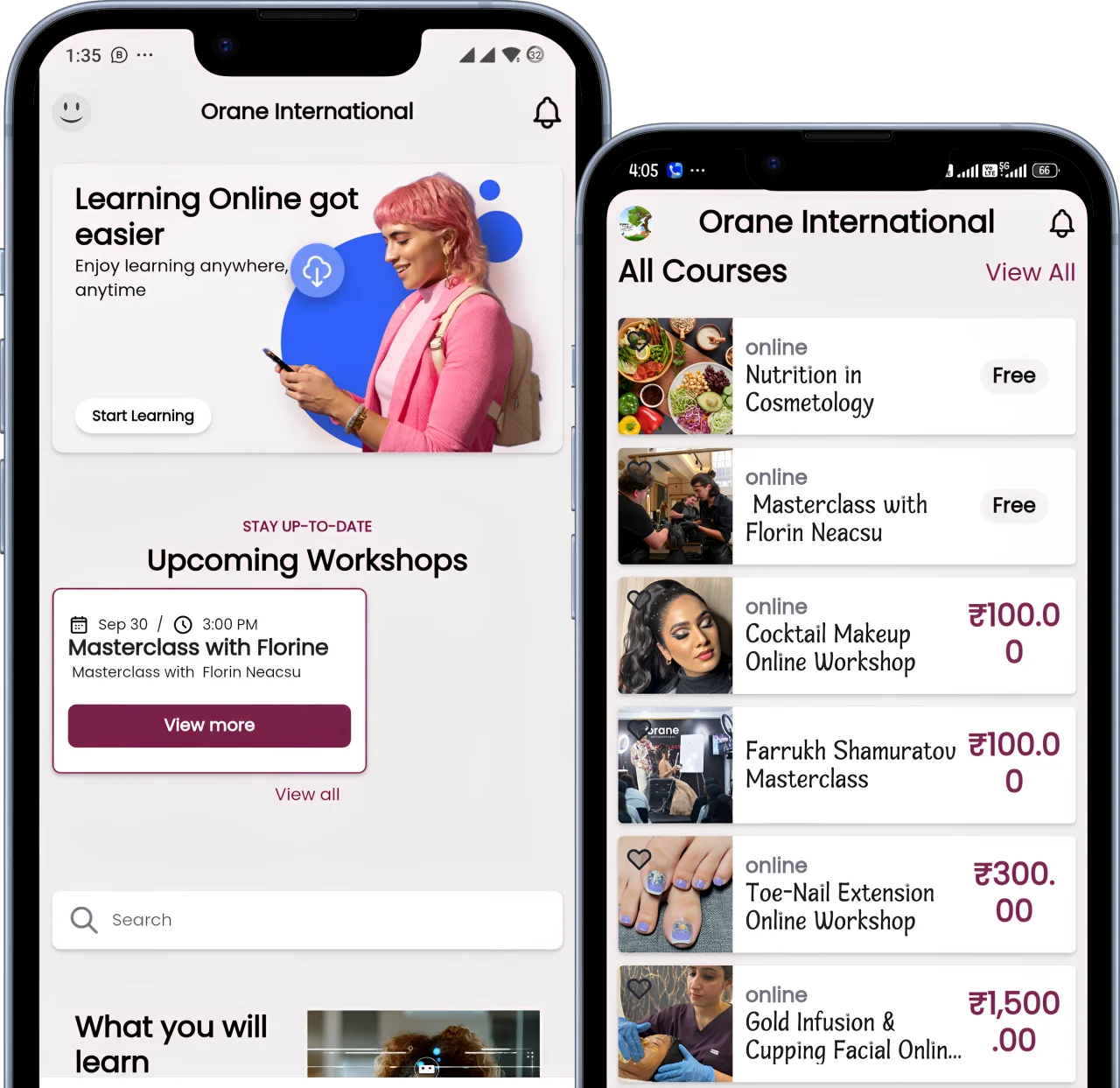Do you need more than just a basic understanding to succeed in your pursuit of becoming a qualified nutritionist? After all, when you seek services from a professional like a doctor, there’s more to the whole experience than just their medical knowledge; it’s also about their behavior, professionalism, and other aspects. Similarly, nutritionists are no different. You need several nutrition skills.
It’s important to recognize that becoming a nutritionist entails much more than simply having a passion for healthy food and fitness. Aspiring nutritionists need to develop a diverse skill set to thrive in this profession. This article aims to shed light on the essential skills that will enable you to flourish and succeed as a nutritionist.
Let’s dig into the crucial skills a future nutritionist needs to cultivate:
1. Strong Academic Skills
First and foremost, you need an in-depth understanding of the science of nutrition and its connection with health. Aspiring nutritionists frequently deal with scientific research and data interpretation. You need to ask yourself if your current academic skills are up to the task. If the answer is no, you must have a strong educational background to embark on a successful career as a nutritionist.
In-depth courses in nutrition are fundamental to becoming a successful dietician. Keeping up with the latest research and developments in the field is equally important, as the landscape of nutrition is continually evolving.
A course in nutrition from a top institute chain like Orane, which offers the most comprehensive nutrition courses, is a must to overcome this limitation.
2. Excellent Communication Skills
Can you clearly explain complex nutrition concepts? Communication is one of the key nutrition skills. For instance, imagine you’re working with a client with a rare autoimmune disorder affecting their digestion. They may have difficulty absorbing certain nutrients and require a highly specialized diet. Can you effectively convey the intricacies of their dietary requirements?
Nutritionists should be proficient in conducting clear and concise discussions with patients, peers, and other healthcare professionals. Take the example of a client with an autoimmune disorder. You may need to collaborate with a gastroenterologist, allergist, and other specialists to ensure comprehensive care.
Moreover, effective communication in dietetics extends beyond verbal skills. Nutritionists also need to be skilled at active listening. Consider another scenario where a client is struggling to lose weight despite following a recommended diet plan. By actively listening to this client, you can delve deeper into their problems and learn about things like emotional eating or a lack of support at home.
This ability to truly understand your client’s needs and concerns leads to more tailored and effective dietary plans that address the root causes of their struggles and enhance their overall well-being. For comprehensive information on effective communication’s importance for dieticians, read this article on Ijarit.
3. Problem-Solving Skills
Are your problem-solving skills up to the mark for such challenges? The ability to analyze problems, create tailored solutions, and assess outcomes is crucial for nutritionists. For example, Imagine you’re working with an elite athlete aiming to optimize their performance through nutrition. They have specific dietary requirements that need to be met precisely. Can you analyze this, devise a customized solution, and evaluate its impact?
Moreover, nutritionists often encounter clients with unique dietary restrictions, allergies, or medical conditions. This requires creative problem-solving and adaptability, adjusting strategies as circumstances change.
4. Empathy and Compassion
Being empathetic and compassionate can be your major nutrition skills. Aspirants often deal with clients struggling with health issues. For instance, consider a scenario where you’re working with a client who has recently been diagnosed with diabetes. They may be overwhelmed, confused, and anxious about making the necessary dietary changes. Can you genuinely understand their concerns and guide them towards a healthier lifestyle?
Empathy and compassion are crucial in such situations. They contribute to building trust and rapport with clients and play a pivotal role in motivating them to make positive changes in their lives. In the case of our client with diabetes, by showing that you genuinely care about their well-being, you can inspire and support them on their journey to better health. Your empathy can help ease their fears and anxieties, making them more likely to embrace the dietary changes necessary for managing their condition effectively. For more on empathy and compassion for nutritionists, read this post.
5. Professionalism
Professionalism is more than just important – it’s a must. Aspiring nutritionists should be ethical, maintain confidentiality, and uphold the highest professional standards. Are you ready to embody professionalism in all aspects of your career?
Ethical considerations are at the core of dietetics. Nutritionists must ensure that they provide evidence-based advice and avoid conflicts of interest. Maintaining confidentiality is also paramount, as clients often share sensitive health information. Upholding professional standards not only safeguards the integrity of the profession but also instills trust in clients.
6. Time Management
In the fast-paced world of healthcare, time management is critical for nutritionists. Consider a scenario where you’re juggling appointments with various clients, each with unique dietary needs and schedules. Can you efficiently allocate time, stay organized, and meet report and assessment deadlines?
Effective time management is another nutrition skill to ensure that all clients receive the attention they require and that your practice runs smoothly. It’s a skill that empowers nutritionists to balance multiple responsibilities, making sure no client’s needs are overlooked. To learn more about the topic of time management impotence for nutritionists, don’t miss reading this blog on Nutrition Care’s website.
7. Cultural Competency
In our diverse society, nutritionists must be culturally competent. Imagine you’re working with clients from different cultural backgrounds, each with their own unique dietary preferences and traditions. Can you understand these cultural differences and tailor your nutritional guidance accordingly?
Cultural competence is vital for nutritionists to provide effective care. It ensures you respect and accommodate your clients’ cultural diversity, creating dietary plans that align with their traditions and preferences. This approach fosters trust and enhances the effectiveness of your guidance.
For more cultural competence for dieticians and nutritionists, check out this post on Healthline.
Wrapping Up
Becoming a nutritionist is a challenging yet rewarding career path. By mastering these seven crucial nutrition skills, you can make a significant difference in others’ lives by assisting them in making healthier lifestyle choices. So, be ready to sharpen these skills and make your vision of becoming a successful nutritionist a reality by following the information shared with you in this post.
Remember, success doesn’t happen overnight. Hence, continuously strive to improve these skills, gain broader knowledge, and rise above the common to the extraordinary in your nutritionist career. So buckle up and get started – the path to success opens to those who dare to take the first step!















